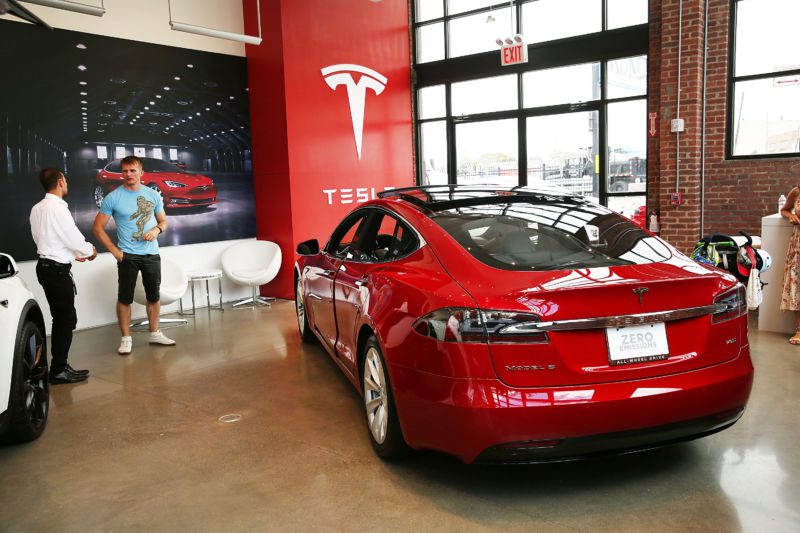Auto dealers in Georgia are pushing back against a bill introduced to the General Assembly that would allow electric car manufacturers to sell their vehicles directly to the public. The bill, HB 460, amends limitations to the previous legislation that limited direct-to-consumer sales by EV carmakers to just five locations, and lifts the clause that only allows for grandfathered businesses.
At the heart of the bill is the expansion of EV sales in the state that skirt the traditional auto retail model. Bill HB 460 was introduced by Rep. Chuck Martin, R-Alpharetta, who also sponsored the previous bill. In 2015, Tesla received an exemption to the dealership model, but with a limit of just five locations.
But HB 460’s introduction has ruffled a few feathers in the local Georgia auto retail market, to say the least. In a House subcommittee meeting on March 2, owner of Wade Ford in Smyrna, Steve Ewing, said, “One thing you need to protect is jobs. Their people will fill an Apple-type store with a few people in khaki pants and try to compete with dealers that do all the things we need to do.”
The direct-to-consumer model isn’t one that sits well with the Georgia Automobile Dealers Association either. Their CEO, Lea Kirschner, said “If passed, this legislation will ensure that profits from vehicles travel directly from Georgia to the pockets of Wall Street and Silicon Valley billionaires, rather than staying in the communities where they are purchased.”
An exception or disruption?
The bill that Rep. Chuck Martin sponsored this time around has drawn ire from dealers selling vehicles made by mass-market manufacturers. Companies like General Motors manufacture around 10 million vehicles per year, although their current all-electric models are limited to the Bolt EV. For the full year nationwide, the Bolt EV sold just 20,754 units.
Still, manufacturers feel challenged by dedicated all-electric carmakers trying to sell outside the dealership structure. But are EV manufacturers seeking an exception or poising for disruption?
Lucid Motors is based in California and is involved in the battle to sell direct to consumers. Daniel Witt is the senior manager of public policy, and he mentions that currently, 80% of the EVs in the state are sold direct to consumer rather than by dealers because it “is a preferred method that results in more sales”. But volume-wise, their sales are expected to be a drop in the bucket for the state. The carmaker expects to build only 6,000 to 7,000 units for 2021 for all markets, not just the US.
Rivian’s vice president of public policy Jim Chen said their sales volume is extremely small compared to mass-market carmakers, registering as “not even a rounding error”.
D2C EV builders facing an uphill battle
It’s far from a sure thing for electric car manufacturers to win this challenge in Georgia’s General Assembly. Rep. Butch Miller is a car dealer who vocally supports dealerships and the current sales model, likely providing an advantage for the traditional model. The bill also did not cross over from one house to the other before the 28th day of the session, meaning it’s likely to remain inactive until the legislative session resumes.
Did you enjoy this article from Jason Unrau? Read other articles on CBT News here. Please share your thoughts, comments, or questions regarding this topic by submitting a letter to the editor here, or connect with us at newsroom@cbtnews.com.
Be sure to follow us on Facebook and Twitter to stay up to date or catch-up on all of our podcasts on demand.
While you’re here, don’t forget to subscribe to our email newsletter for all the latest auto industry news from CBT News.










